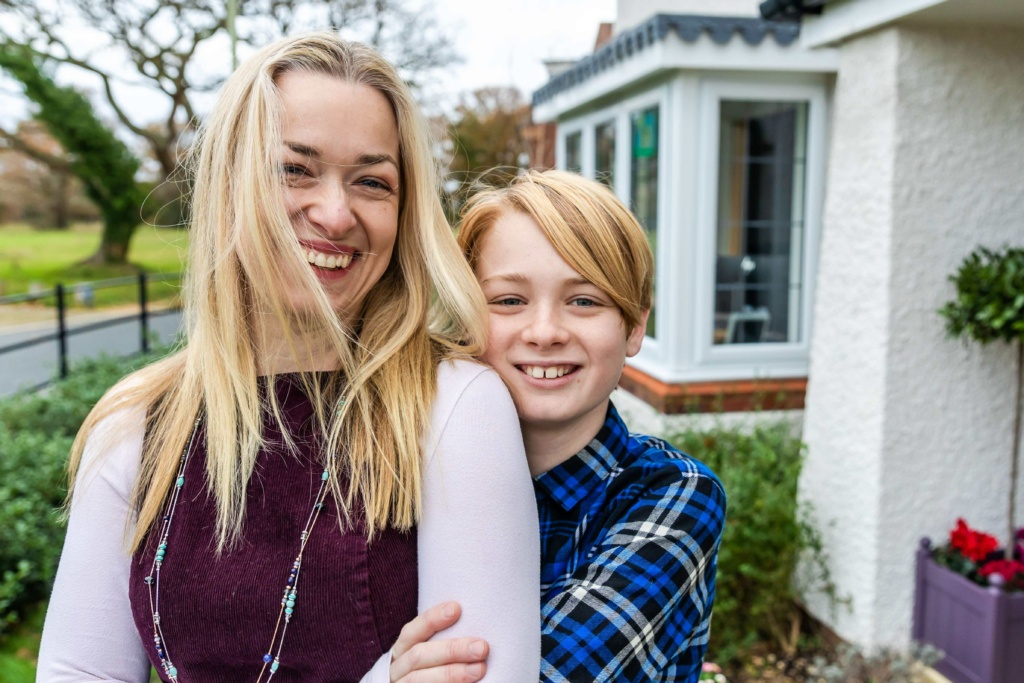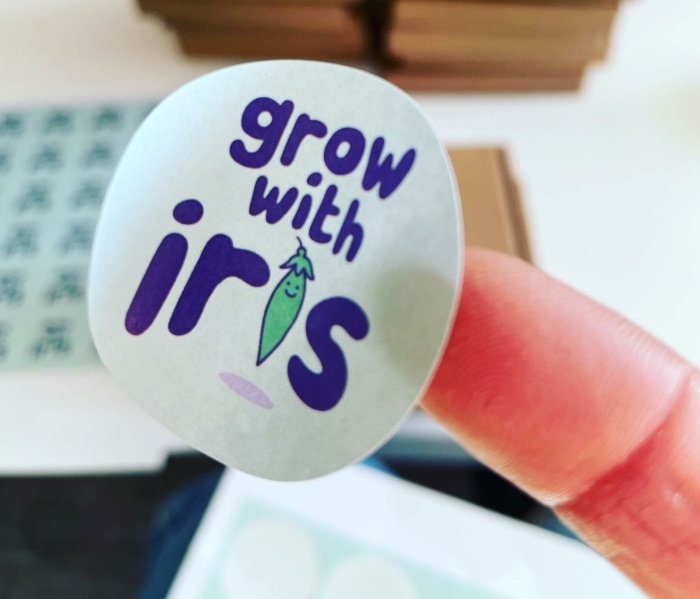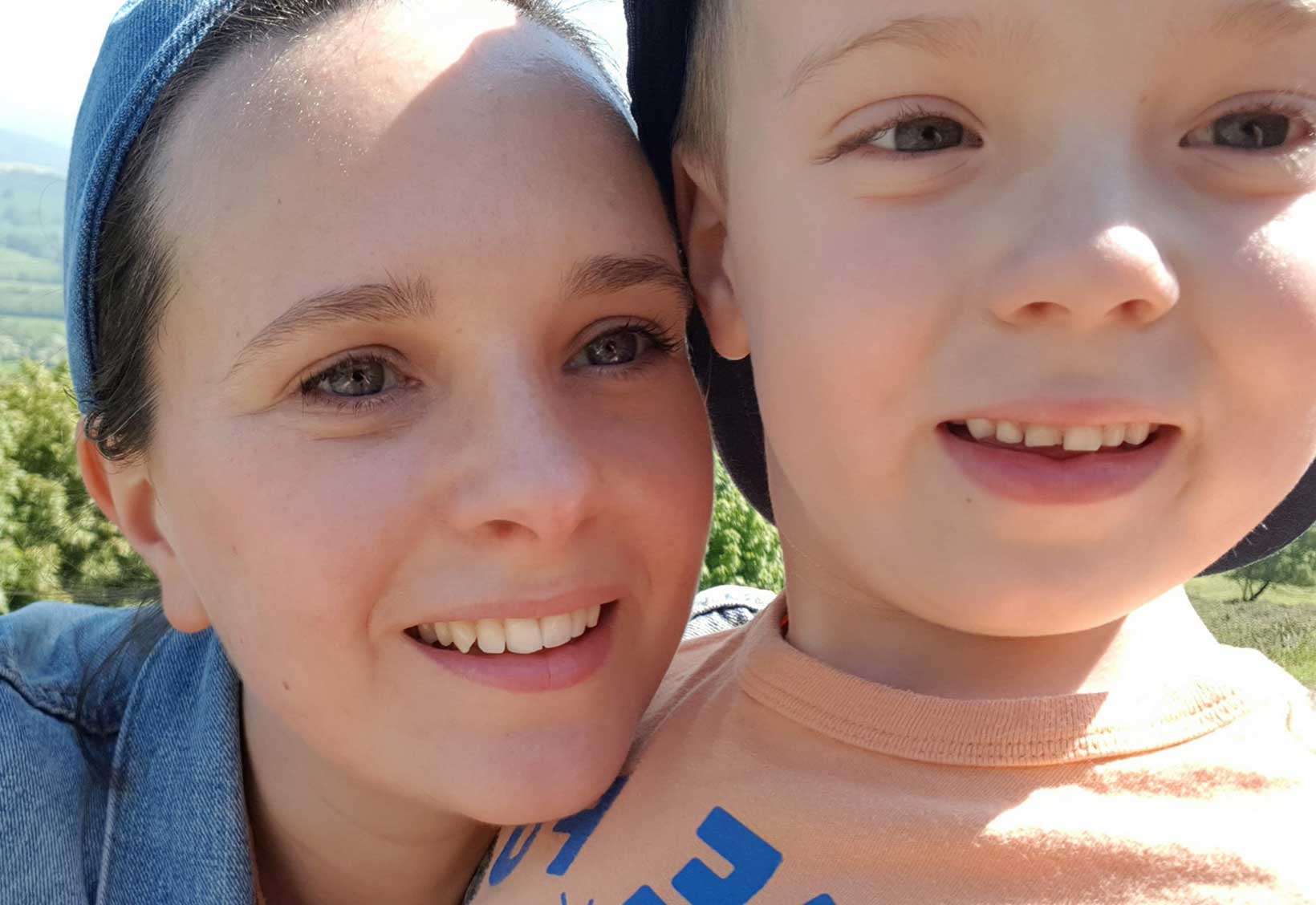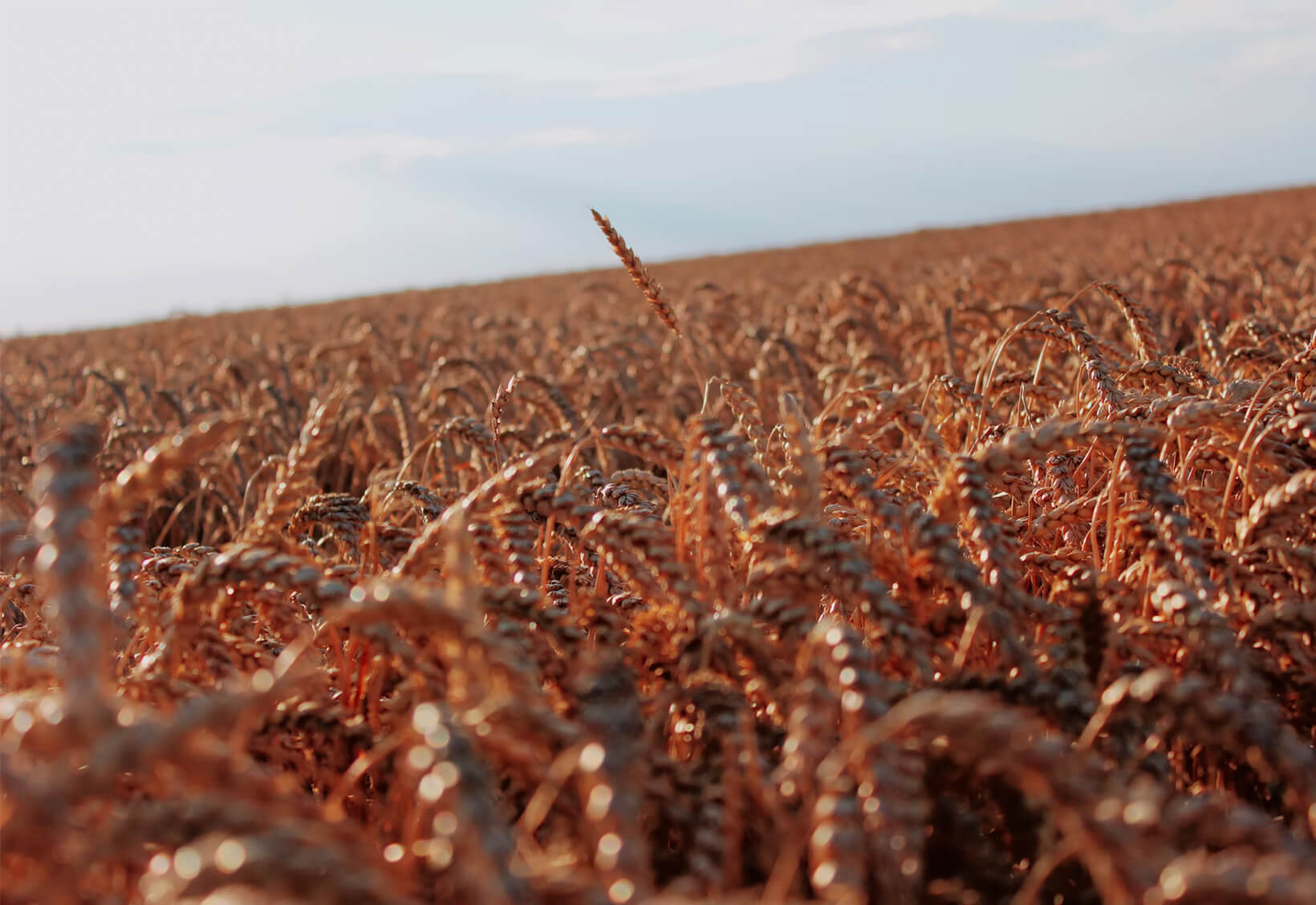Meet Dr Helen Allergy

By Dr Helen Evans Howells
My story
Hi I’m Dr Helen Allergy and I’d like to welcome you to our new blog! I will regularly be sharing with you information and stories, so if there’s anything you would like me to cover, then please do let us know.
Like many doctors, the reason that I specialised in allergy was because of my own personal experiences of food allergies and atopic conditions (eczema, asthma, hay-fever, food allergies, dust and animal allergies). It never dawned on me when I had children that my partner at the time and I had a genetic mix which would make it highly likely we would have children who would have some sort of atopic conditions.
As a baby, it was obvious that I had my own allergic reactions to egg but when my mum took me to the doctors she received very little information about this and so simply chose to avoid it for a period of time before it was given again at a later date and thankfully tolerated. I also had a background of eczema and as I grew older developed asthma and hayfever. My children’s Dad also had asthma and hayfever and so when our first son Ethan was born 14 years ago, it should have come as no surprise that he would have been likely to inherit something. However, despite being a doctor, when you do not specialise in this field, this isn’t something that crosses your mind.

My son Ethan and his first allergic reaction
When Ethan was little, he had eczema and although he received no official label, I now know he had a Non IgE Mediated Cows Milk Allergy. Ethan was breastfed and so I removed milk from my diet and his symptoms got better. Ethan’s Dad had never been truly convinced that he had a milk allergy, so when I began weaning, I decided to try him with Dairylea. Within minutes, Ethan developed widespread hives and a swollen face. Nothing can prepare you for the first time your child has an allergic reaction and whilst you might think that being a doctor I would have been calm and collected; I was absolutely terrified and like I’m sure so many others, felt sure that the next moment he would have anaphylaxis and die. I now know that deaths from food allergy are thankfully extremely rare, but this is most definitely the first thought that crosses your mind.
From this moment on our lives changed and I was no longer able to be a relaxed parent, instead I was condemned to follow my child around at playgroups, stopping everybody from giving him food without checking the labels, and being ever vigilant as to what he might pick up and put in his mouth. At the time that Ethan was born I was training to be a GP and it very quickly became apparent to me that my understanding of allergy was extremely poor, and I now know that this is often the case within primary care.
Allergy care and my journey as a doctor
It has only been in recent years after much campaigning and whilst I was chair of the primary care group of the British Society of Allergy and Clinical Immunology, that we managed to have food allergy included on the GP’s curriculum. Given that 5% of the population are thought to have a food allergy, I’m sure we can all agree that it is staggering that this was not a vital component for GP’s learning.
After a notable allergy appointment where I recounted a story of an unusual allergic reaction Ethan had, and being told that this was anaphylaxis, I decided the time had come that I needed to gain more training. I therefore decided to embark on a second-degree and undertook a Masters in allergy, which was something I adored. From this point, my interest in allergy grew and grew and I trained with the paediatric allergy team in Southampton and worked with the adult allergy team, and now have a private allergy clinic in Bournemouth and Dorchester with the ability to consult virtually with patients across the UK.
More recently I’ve taken on a role as the trustee for the charity Anaphylaxis UK and I chair their clinical and scientific panel. Having experienced first-hand how allergies can change your life, I’m passionate about ensuring that patients access good quality care and are able to have the support they need to live a full life with allergies. We have therefore developed an online Facebook support group where patients and their relatives are able to come for validated information and support, and I would welcome anyone who may be interested.
Different types of allergies
Whilst it may seem obvious when someone has had an allergic reaction, allergies can be subtle and some forms such as those labelled ‘Non-IgE allergy’ can be misdiagnosed and unrecognised for many months.
IgE Mediated allergies are often easy to recognise and tend to occur within minutes to an hour or two of exposure to the food. They also tend to rapidly clear from the body and therefore anyone with symptoms which are lasting for days, are unlikely to be experiencing an allergic reaction. Each case is, of course, different and where there is ever doubt, help should be sought.
IgE allergies occur every time the person is exposed to the food and whilst they often present at weaning, they can occur at any stage in the life. It is not unknown for adults to suddenly develop problems to foods which they have always had before without issue. These types of allergies tend to cause hives (commonly known as urticaria), swelling (known as angioedema), abdominal pain, vomiting, diarrhoea, runny nose or sneezing, runny itchy eyes or anaphylaxis. Anaphylaxis is a severe reaction which can involve the airway causing coughing, voice change or a swollen tongue and dribbling. It can cause difficulties breathing and it can affect the circulation level, meaning that little ones may go floppy and older individuals may complain of dizziness. If the anaphylaxis is severe someone may collapse, and their blood pressure may drop, and heart rate may rise. These reactions need immediate attention and adrenaline must be given promptly to aid recovery.
Different types of non-IgE allergies
There are several forms of non-IgE allergies which can occur. Generally they occur in babies and present with reflux, vomiting, explosive frequent nappies, constipation, blood in the stool, congestion, difficult to control eczema or general rashes and these babies tend to be miserable and cry for hours and hours. If this disease is severe then the babies height and weight may drop. There is sadly no test to diagnose non-IgE allergies and it relies on a doctor having a strong suspicion to recognise how it presents. It is advised that the food is removed from the diet for 2 to 4 weeks and then if improvement is seen, a short retrial is recommended to ensure that the symptoms were definitely attributable to the food and not something else.
Other forms of non-IgE allergies include FPIES (Food Protein Induced Enterocolitis) or EOE (eosinophilic oesophagitis). FPIES commonly occurs in childhood and can affect adults. It tends to cause profuse vomiting 1 to 4 hours after exposure to the food and can cause a baby to be significantly unwell. Diarrhoea also occurs in a small percentage of patients. Eosinophilic oesophagitis tends to cause indigestion, chest pains or food getting stuck. This condition is increasingly recognised and becoming more prevalent. It affects adults and children and is diagnosed by a gastroscopy (which is a camera test down the mouth into the food pipe). Biopsies need to be taken at multiple levels to confirm raised eosinophils in the cells.
What to do if you suspect an allergy
For anyone who is suspicious that they or their child may have a food allergy, the first steps are to take would be to book an appointment with your GP.
If you are concerned that they may not believe that there are any difficulties, it can be worth printing some fact sheets from allergy charities such as Anaphylaxis UK and Allergy UK as some GP’s will have less knowledge about certain conditions, like FPIES, then you yourselves may have. Writing down clear timeframes of any reactions which have occurred and having an album of separate photos on your phone can help the consultation run smoothly and help you maximise the 10 to 12 minutes you have with your doctor. NICE guidelines recommend that children should be referred to an allergist if there is parental suspicion of an allergy. Adult services are sadly stretched but if you have concerns about an allergy, a referral should be made on your behalf.
Thank you
Thank you for reading my blog.
If you need any more information about these allergies, then please do have a look at my website where there is plenty of detail (www.drhelenallergy.co.uk).
Additionally, feel free to reach out to us if you have any questions.












































